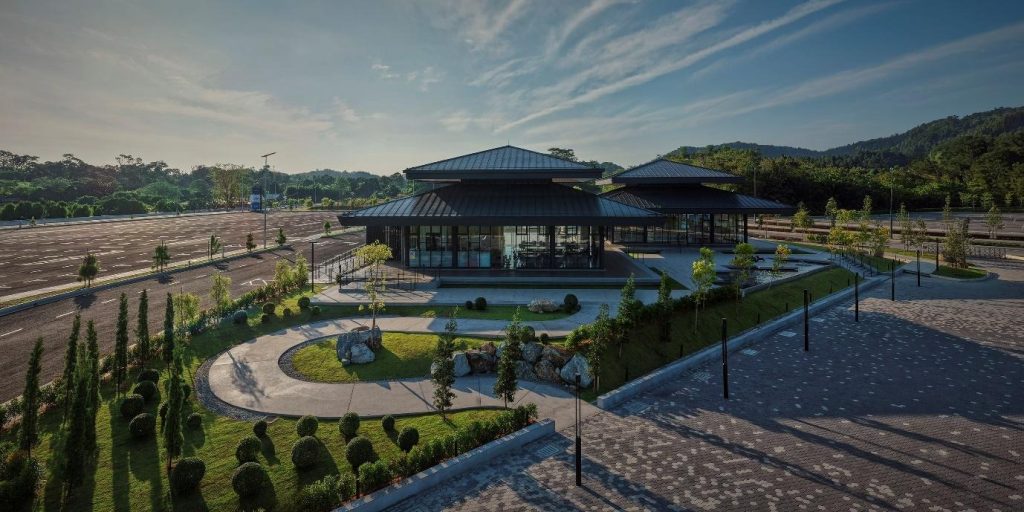By Nur Adilah adilah@mystar.com.my
The issue of young lower-income employees has always been portrayed as a perpetual problem. Coupled with the current economic downturn exacerbated by the Covid-19 pandemic, the situation is likened to rubbing salt into the financial wounds of the younger generation.
Given their financial instability, it is little wonder why the younger generation has problems buying even an affordable home.
According to the Unsold Property Enquiry System Malaysia’s (UPESM), the number of overhang units in Malaysia for residential properties below RM100,000 was 1,284 units in Q2 2020. Despite being one of the lowest prices, the overabundance of the homes depicts the young generations’ inability to secure homes due to affordability issues. Another reason is that the location of these affordable homes is not appealing enough, despite the lower prices.
Nevertheless, acquiring a home loan is hard for those with low disposable income due to financial commitments, poor credit history or high debts, according to Housing Watch in Q1 2020.
The percentage of housing loans approved for first-time homebuyers in March 2020 was also not encouraging, at 41%.
With that being said, earning a high salary and having good financial literacy allows the younger generation to plan and purchase a home that corresponds with their financial standing.
“I believe I can afford a double-storey terrace home that costs within the range of RM500,000,” said 31-year old engineer Yashodini Natarajan.
“My decision to buy a home is very heavily influenced by factors like the type of home, size, location, discounts available, down-payment and financing options,” she added.

Yashodini has financial obligations such as her car and insurance payments which hamper her home buying decision.
“In addition to affordability, I must also consider my future career development and income growth,” she said.
The younger generation should also set aside some money for additional home expenses when buying their homes.
Foo Fang Khean, a 25-year old engineer, agreed that a lot of costs need to be considered when buying a property. There are many additional payments once homebuyers have bought a property like maintenance fees, utility deposits, legal fees, stamp duty, renovation works and furniture.
Other than financial matters, homebuyers often look forward to owning a home strategically located near to amenities for easy access.
Foo admitted that home location is a major problem for those with financial limitations as properties near public transportation, shopping malls, schools or eateries tend to be more expensive.
However, the government’s move to provide aid to first-time homebuyers like the Home Ownership Campaign is encouraging, he said.
“In my opinion, buying a house puts a heavy commitment on people and considering the current economic situation, people would be cautious of making such a huge commitment. There is a surplus of homes in the market but very few who can really afford them,” Yashodini said.
Yashodini added that a number of the younger generations have moved to the cities due to their jobs, hence to buy another property to stay would be difficult, considering if they are already paying for a property in their hometowns.
Stay ahead of the crowd and enjoy fresh insights on real estate, property development, and lifestyle trends when you subscribe to our newsletter and follow us on social media.













































